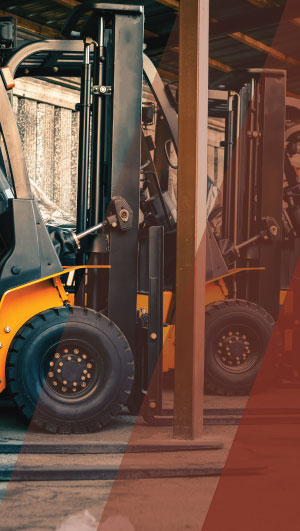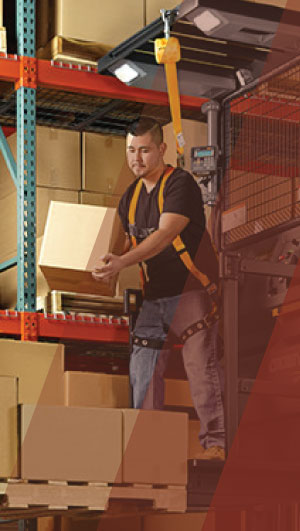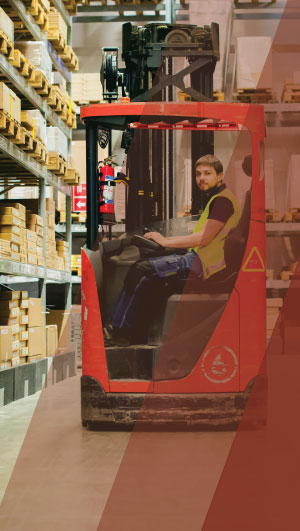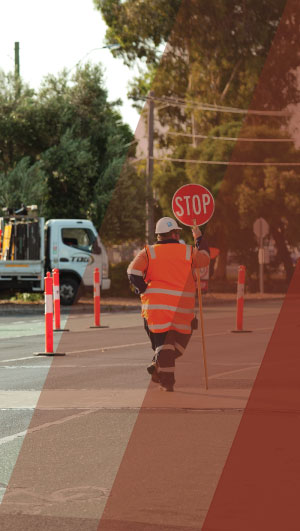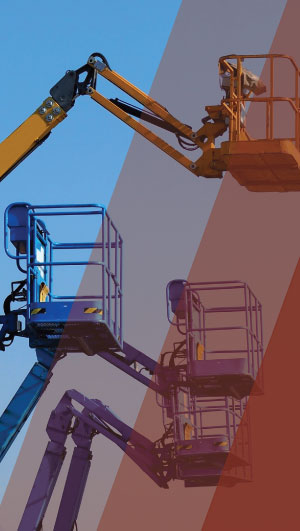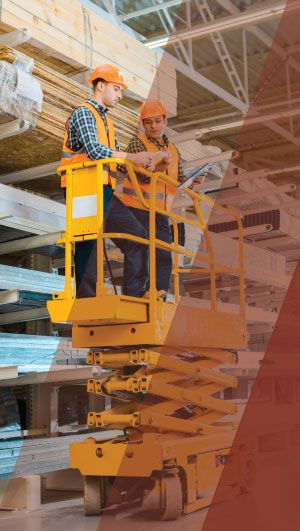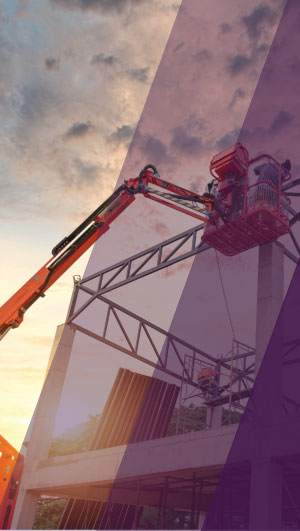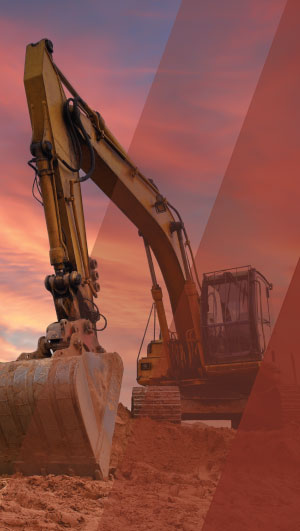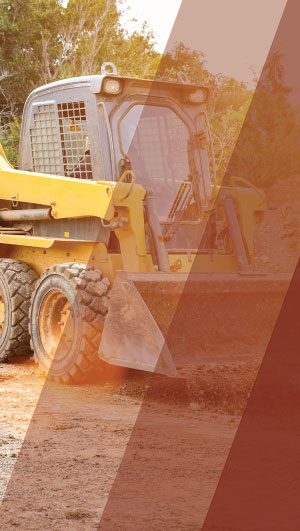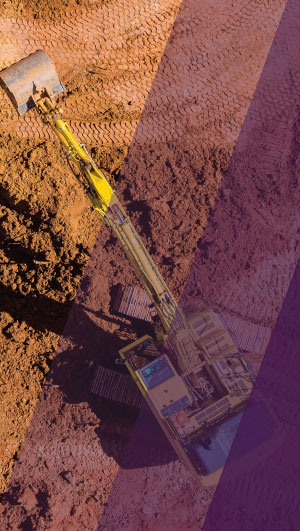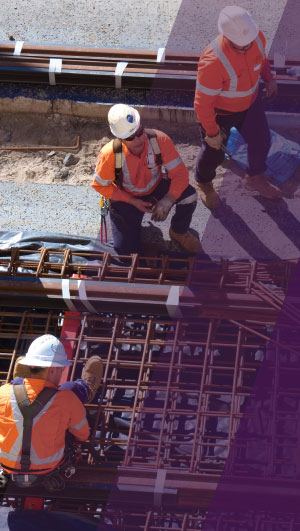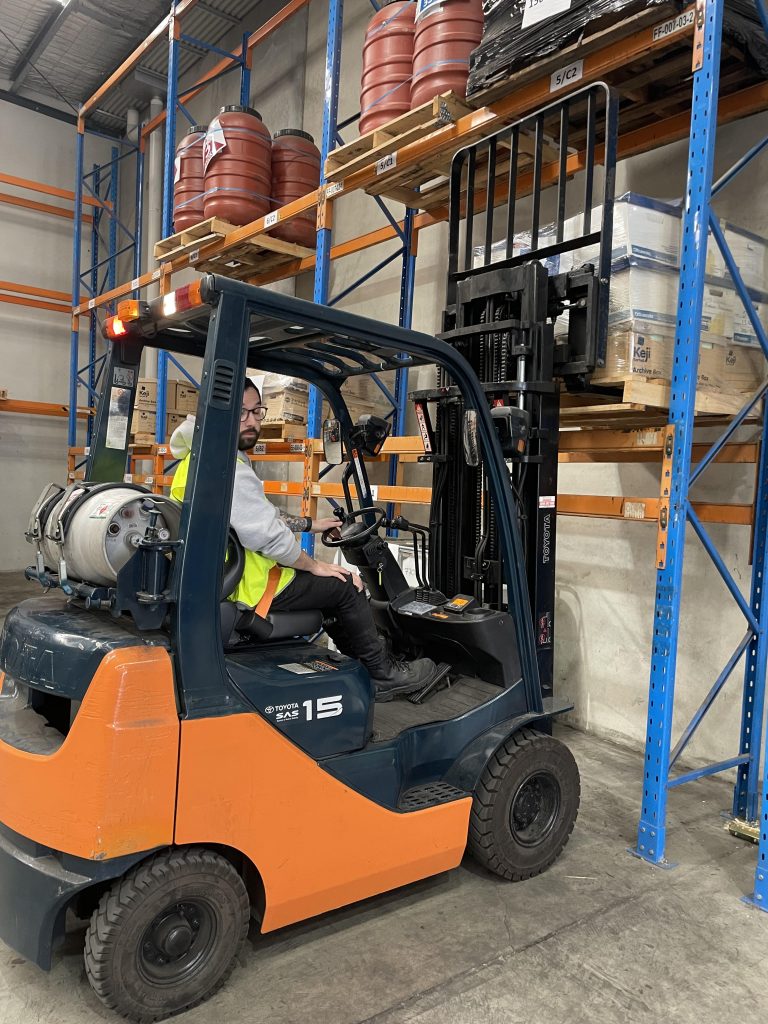Forklift operations are crucial in various industries, yet they carry inherent risks. Understanding and proactively avoiding common forklift mistakes and accidents is essential for a safe workplace. This article not only explores these prevalent issues but also provides guidance on how to avoid them, highlighting the role of comprehensive training programs like those offered here at Start Training.
Top 10 Common Mistakes and Accidents in Forklift Operation and How to Avoid Them
Before we explore the top 10 common mistakes and accidents in forklift operation, it’s important to recognize that many of these issues stem from a lack of awareness or disregard for safety protocols. In this section, we will not only identify these key mistakes and accidents but also provide practical advice on how to avoid them. This guidance is rooted in the extensive experience and methods taught Start Training, ensuring that forklift operators are well-equipped to handle their machinery safely and efficiently.
1) Inadequate Training and Certification
Many forklift accidents occur because operators lack proper training and certification, leading to a misunderstanding of forklift mechanics and safety protocols. The best way to avoid this is to ensure all forklift operators complete a comprehensive training program. Our nationally recognized and WorkSafe accredited TLILIC0003 Licence to Operate a Forklift Truck course covers both theoretical and practical aspects of forklift operation. Regular refresher courses can also help forklift operators keep their skills up to date.
2) Overconfidence Leading to Unsafe Practices
Overconfidence in experienced operators often leads to complacency and unsafe practices. To combat this, it’s crucial to foster a culture of continuous learning and safety awareness.
3) Poor Workplace Conditions
Accidents often occur in workplaces with inadequate lighting, cluttered aisles, or poorly maintained equipment. Regular workplace audits and maintenance are key to preventing these accidents.
4) Ignoring Load Capacity and Stability
Overloading forklifts or improper load balancing can lead to tip-overs. All forklift operators should be trained in understanding load capacity and stability.
5) Ineffective Communication
Poor communication in busy areas can lead to collisions. Implementing clear communication protocols and using effective signaling methods are essential.
6) Neglecting Regular Equipment Checks
Skipping pre-operation equipment checks can lead to mechanical failures. It is essential that operators understand the importance of regular equipment inspections.
7) Inadequate Safety Gear
Not using proper safety gear increases the risk of injury. The best forklift training emphasizes the use of helmets, visibility vests, and other necessary safety equipment.
8) Ignoring Safety Signage
Failing to observe safety signs and floor markings can result in accidents. Our courses highlight the importance of adhering to all safety signage in the workplace.
9) Poor Speed Management
Driving too fast, especially in congested areas, is a common mistake. We stress the importance of speed management in our training to ensure safe operation.
10) Lack of Situational Awareness
Operators not fully aware of their surroundings are more prone to accidents. Our training programs focus on enhancing situational awareness, teaching operators to be mindful of their environment at all times.
Why Choose Start Training for Forklift Training
At Start Training, we are committed to addressing the aforementioned common forklift issues through our comprehensive training programs. Each aspect of our training is designed to tackle the top 10 mistakes and accidents, focusing on equipping students with the knowledge required to avoid them as best as possible:
- Customized Training Modules: Our courses are specifically tailored to cover all facets of forklift operation, ensuring operators are adept in handling a variety of workplace scenarios.
- Hands-On Experience: We emphasize practical training sessions that replicate real-world conditions, thereby enhancing situational awareness and decision-making skills.
- Safety-First Approach: Our curriculum strongly focuses on the importance of safety gear, adherence to signage, and effective communication, instilling a safety-first mindset in all our trainees.
- Regular Assessments and Refresher Courses: To ensure that operators maintain their skills and knowledge, we conduct regular assessments and offer refresher courses, keeping them abreast of the latest safety practices.
- Expert Instructors: Our team of seasoned instructors provides valuable insights and tips, aiding operators in understanding the criticality of regular equipment checks and load management.
By choosing Start Training, operators gain not just the necessary certification but also a comprehensive understanding of safe forklift operation, significantly reducing the risk of accidents and enhancing workplace safety.
